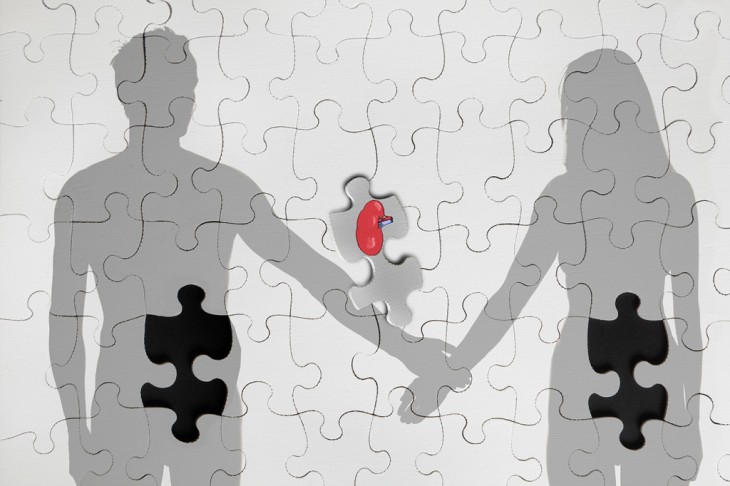Renal transplantation is one of the newest therapies for end-stage kidney disease (ESKD). Successful kidney transplant in Delhi can lead to a higher quality of life and longer patient survival times than dialysis, explains nephrologist in Delhi.

What is a kidney transplant?
Kidney transplantation is a procedure that transplants healthy kidneys (live donors or brain deaths) to end stage renal disease patients (beneficiaries).
When is kidney transplant needed?
Renal transplantation is necessary for patients who have undergone dialysis in Delhi (hemodialysis or peritoneal dialysis) or have a terminal kidney disease but have not yet started dialysis.
When is kidney transplant not needed?
Patients with acute kidney damage should not be kidney transplanted. Even if one kidney does not function, kidney transplantation is not performed when the other kidney function is maintained. Renal transplantation should only be done when kidney failure cannot be reversed, says the best nephrologist in Delhi.
Why do kidney transplant patients need end-stage kidney disease?
Dialysis replaces the function of the kidneys to remove waste products to some extent. However, dialysis cannot replace all the functions of the kidneys. On the other hand, kidney transplantation can resolve most kidney function. Thus, kidney transplantation is the best treatment for complete rehabilitation of patients with end stage renal disease if there is a suitable donor and no contraindications. Renal transplantation helps the life of a terminal kidney patient and enables a normal life, says top nephrologist in Delhi.
What are the advantages of kidney transplant?
The main advantages explained by kidney transplant doctor in Delhi are:
What is the age limit for patients with renal transplant?
Although there is no fixed standard for the age of the kidney transplant recipients, it is generally recommended by doctor for kidney transplant in Delhi for people aged 5 to 65 years.
How does the kidney for kidney transplantation come about?
The transplant kidney can be obtained from the following donors.
Who can donate the kidneys?
A healthy person with two kidneys can donate one kidney if the blood type and tissue type are right for the recipient. Generally, the donor must be between 18 and 65 years of age. Recently, with the development of immunosuppressive drugs, kidney transplantation can be performed even if blood type and histology are not matched.
How do you determine the choice of kidney donor depending on your blood type?
Blood compliance is important in kidney transplantation. The beneficiary and the donor must have the same blood type or blood type suitable for transplantation. As with blood transfusions, blood type O donors are considered “universal” donors.
Who cannot donate kidneys?
The donor of the organism must be thoroughly evaluated to see whether donating kidneys is medically and mentally safe. People with diabetes, cancer, human immunodeficiency virus infection, red kidney disease, hypertension, or major medical or psychiatric illnesses cannot donate kidneys, says the best kidney specialist in Delhi.
What is pre-emptive KT?
Most kidney transplants are performed after dialysis. Dialysis duration may vary from person to person. Preemptive kidney transplantation refers to a case where the glomerular filtration rate is reduced to 20 mL / min or less and the transplantation is started before dialysis is started. Preemptive renal transplantation is considered to be the best treatment for renal replacement therapy in patients with end stage renal disease. This is because it avoids the risks, costs and inconveniences of dialysis, as well as the graft survival rate after dialysis. If you have a suitable donor, it is better to consider a prior transplant in patients with end stage renal disease, suggests kidney specialist in Delhi.
How is the kidney transplant surgery done?
*
Be the first to comment.